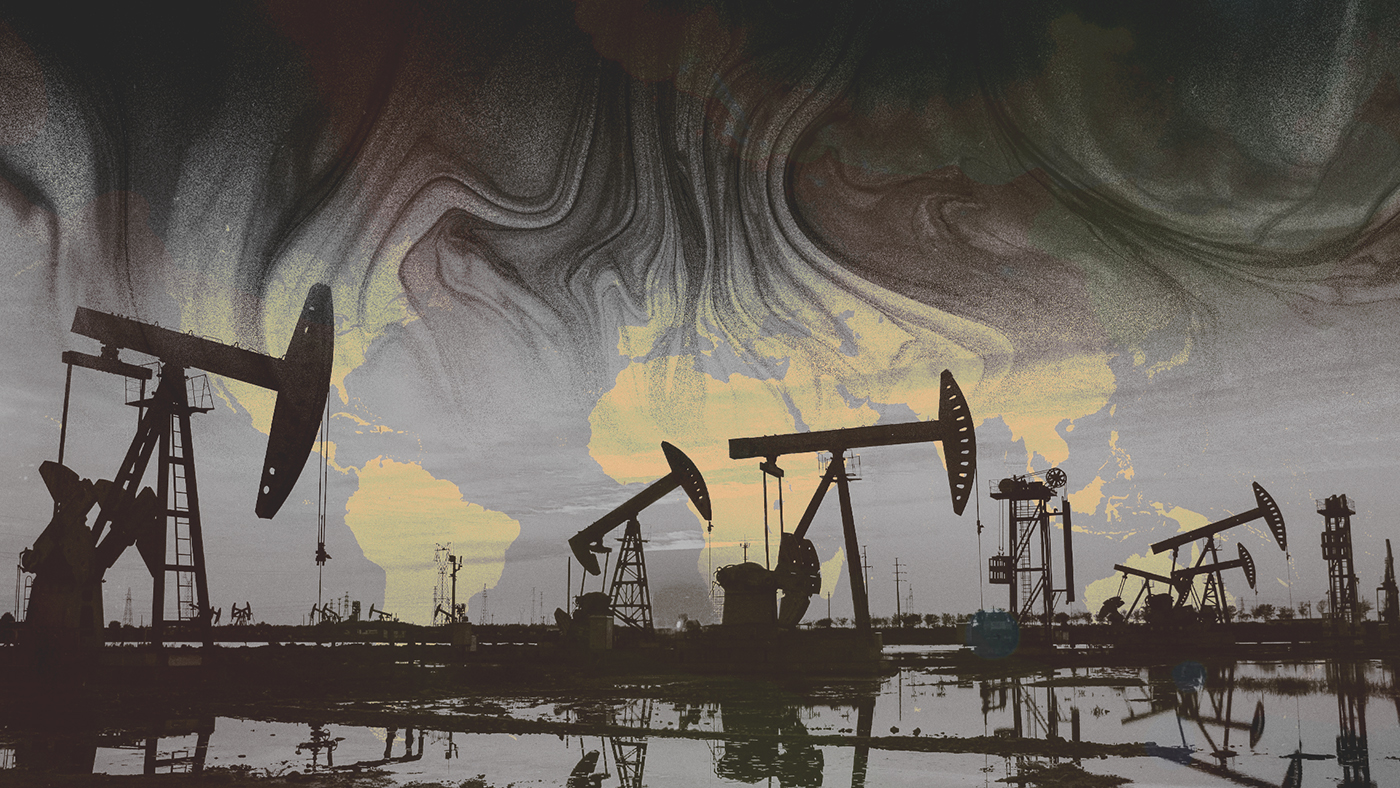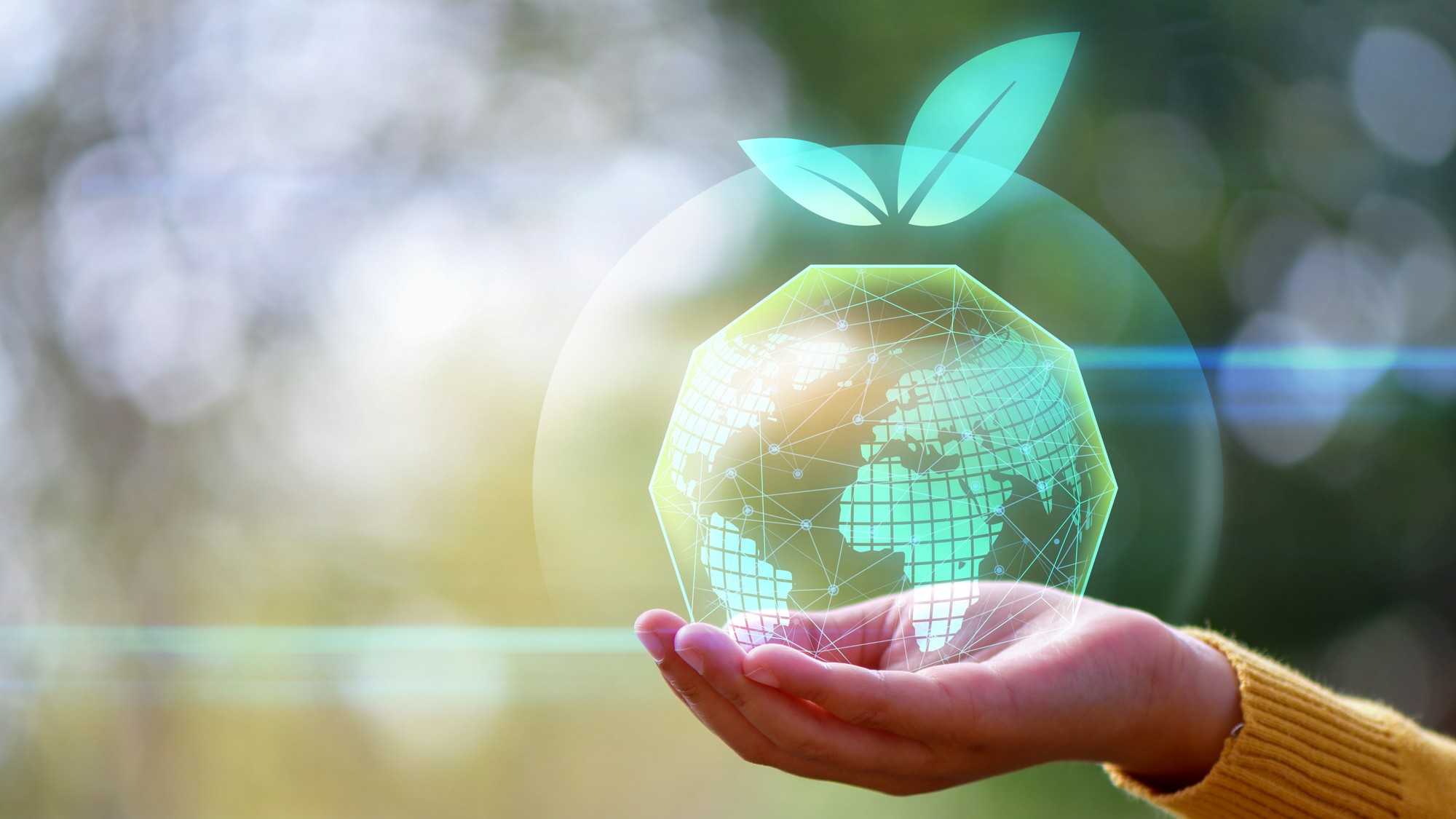World's reduced thirst for oil may be foiled by developing countries' challenges
Will developing nations slow the peak of global oil demand?


A free daily email with the biggest news stories of the day – and the best features from TheWeek.com
You are now subscribed
Your newsletter sign-up was successful
The International Energy Agency (IEA) predicted last month that the demand for energy is nearing its peak in 2026 for transport uses and 2028 for other uses. However, the fate of the world's oil demands largely rests on the economies of developing countries.
What are the prospects for oil demand?
An IEA medium-term report released this year forecasted global oil demand will "slow almost to a halt" in the next few years. "The shift to a clean energy economy is picking up pace, with a peak in global oil demand in sight before the end of this decade as electric vehicles, energy efficiency and other technologies advance," according to IEA Executive Director Fatih Birol. Much of this is attributed to Russia's war in Ukraine prompting a global energy crisis.
On the flip side," the IEA noted that the "burgeoning petrochemical demand and strong consumption growth in emerging and developing economies will more than offset a contraction in advanced economies." In addition, the agency predicted that oil and gas investment will hit a record high in 2023, surpassing the "amount that would be needed in a world that gets on track for net-zero emission." Reaching net-zero emissions would greatly slow the speed of climate change. Despite this, "over the medium term … all these policy measures that governments have put in place … are making an impact," Toril Bosoni, the head of the oil industry and markets division at the IEA, told CNBC. "There's a real transformation coming."
The Week
Escape your echo chamber. Get the facts behind the news, plus analysis from multiple perspectives.

Sign up for The Week's Free Newsletters
From our morning news briefing to a weekly Good News Newsletter, get the best of The Week delivered directly to your inbox.
From our morning news briefing to a weekly Good News Newsletter, get the best of The Week delivered directly to your inbox.
In the short term, the IEA cut its global oil demand growth forecast for the first time this year, meaning "global oil demand won't grow as fast as previously expected," Bloomberg reported. This is largely due to the "faltering economies of developed nations." However, 2023 will still hit a record high with demand expected to increase by 2.2 million barrels per day to an average of 102.1 million barrels per day, and China is expected to account for 70% of the demand growth, according to a monthly IEA report.
Where is there uncertainty?
While the IEA predicts a slump, some experts worry that the demand for oil from developing nations is understated and could "foil expectations for years to come," according to The Harvard Gazette. Developing nations could prove to be a "wild card" in shifting away from fossil fuels. These nations tend to rely on oil as a source of electricity more than developed nations.
"Rich countries can do what they choose to do. Poor countries do what they have to do," Joe Lassiter, a retired professor at Harvard Business School, told The Harvard Gazette. "And I think that poor countries have told us consistently that their objective is to deliver their citizens 365 by 7 by 24 energy in the form needed for their economies to develop and for the well-being of their citizens." He concluded that he would be "very surprised if oil usage peaks in the foreseeable future, meaning a few decades from now."
However, it's much too soon to count developing nations out. Global implementation of policy, including the promotion of electric vehicles, is "expected to powerfully moderate annual growth in oil demand throughout the forecast," per the IEA, and developing nations are no exception. Harvard Kennedy School Environmental and Natural Resource Program's Henry Lee was "surprised at how quickly parts of the world are moving toward EV adoption," including China, according to The Harvard Gazette. The country has a growing electric vehicle market that's expanding internationally, reported The Associated Press.
A free daily email with the biggest news stories of the day – and the best features from TheWeek.com
While strides are being made globally, China, India and other developing regions in Southeast Asia and Africa will be "central determinants of coming decades' energy balance," concluded Professor Lauren Cohen to the Harvard Gazette.
Devika Rao has worked as a staff writer at The Week since 2022, covering science, the environment, climate and business. She previously worked as a policy associate for a nonprofit organization advocating for environmental action from a business perspective.
-
 Political cartoons for February 20
Political cartoons for February 20Cartoons Friday’s political cartoons include just the ice, winter games, and more
-
 Sepsis ‘breakthrough’: the world’s first targeted treatment?
Sepsis ‘breakthrough’: the world’s first targeted treatment?The Explainer New drug could reverse effects of sepsis, rather than trying to treat infection with antibiotics
-
 James Van Der Beek obituary: fresh-faced Dawson’s Creek star
James Van Der Beek obituary: fresh-faced Dawson’s Creek starIn The Spotlight Van Der Beek fronted one of the most successful teen dramas of the 90s – but his Dawson fame proved a double-edged sword
-
 Most data centers are being built in the wrong climate
Most data centers are being built in the wrong climateThe explainer Data centers require substantial water and energy. But certain locations are more strained than others, mainly due to rising temperatures.
-
 'Vampire energy' could be causing your electric bill to rise
'Vampire energy' could be causing your electric bill to riseUnder the Radar Wasted energy could account for up to 10% of home use
-
 What's dark data and why is it bad for the environment?
What's dark data and why is it bad for the environment?The explainer Data is being used and discarded, but still clogging servers
-
 The complex environmental toll of artificial intelligence
The complex environmental toll of artificial intelligenceThe explainer AI is very much mostly not green technology
-
 How AI is helping companies find valuable mineral deposits
How AI is helping companies find valuable mineral depositsUnder the Radar New technologies can trace copper, lithium and nickel with 'less environmental degradation' and cut West's reliance on China
-
 AI's boost for students and teachers in higher education
AI's boost for students and teachers in higher educationSpeed Read
-
 Artificial intelligence goes to school
Artificial intelligence goes to schoolSpeed Read AI is transforming education from grade school to grad school and making take-home essays obsolete
-
 Could AI be harmful to people's health?
Could AI be harmful to people's health?The Explainer Artifical intelligence's use in online content and health care tech raises concerns
